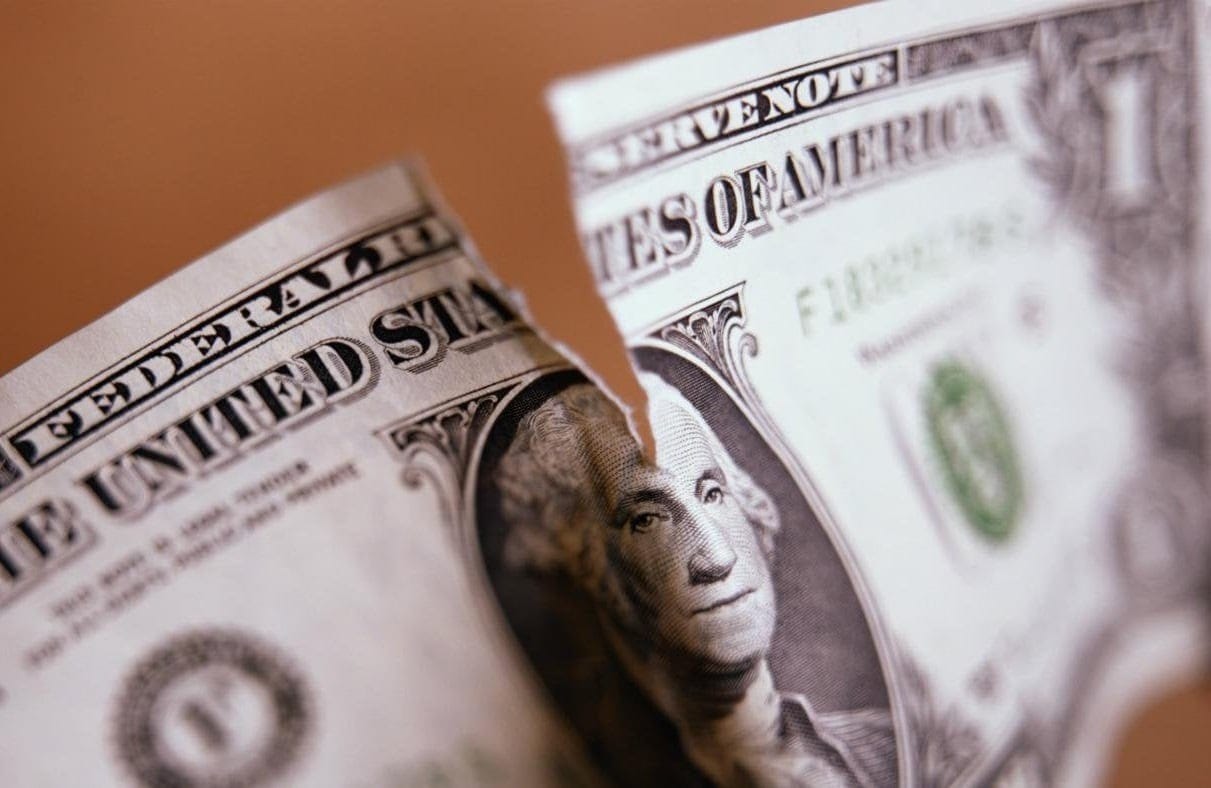Federal government debt is rising rapidly. The government spent almost $1 trillion more than it raised in revenues in 2019, and the overspending gap widened to $3 trillion in 2020 and 2021.
The excess spending was borrowed from domestic and foreign creditors, and it all represents costs pushed forward onto tomorrow’s taxpayers.
The United States is becoming one of the most indebted high‐income nations in the world. Including state and local debt, our government debt totals 141 percent of gross domestic product (GDP), which compares to an average of 100 percent of GDP for 32 high‐income countries.
One likely effect of our high debt is slower economic growth. Economists have not nailed down precisely the mechanisms through which that happens, but many statistical studies find that higher debt correlates with slower economic growth.
Veronique de Rugy and Jack Salmon at the Mercatus Center summarized 24 cross‐country studies that looked at government debt and growth, as summarized in the table below. Seventeen of the studies found a threshold above which rising debt is associated with reduced growth.
Government debt above 90 percent of GDP is correlated with slower economic growth, based on the average of 17 studies. That means America’s debt—at 141 percent and rising—is well into the debt damage zone and is likely undermining our prosperity already.
Salmon updated his debt and growth research in the Cato Journal. He found 36 studies that identified a statistically significant negative effect of government debt on growth.
Data note: for the 17‐country average, I used the higher figure when a study found a range for the growth‐slowdown threshold.
Chris Edwards is the director of tax policy studies at Cato and editor of DownsizingGovernment.org. He is a top expert on federal and state tax and budget issues. Before joining Cato, Edwards was a senior economist on the congressional Joint Economic Committee, a manager with PricewaterhouseCoopers, and an economist with the Tax Foundation.


